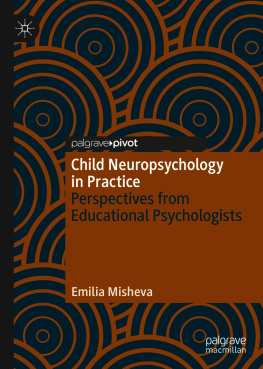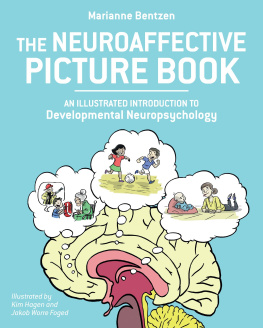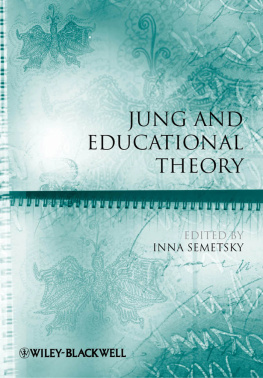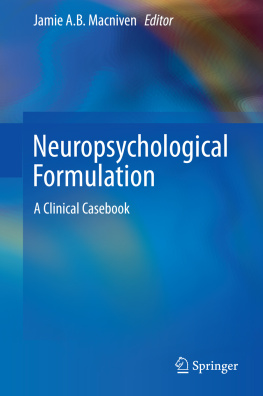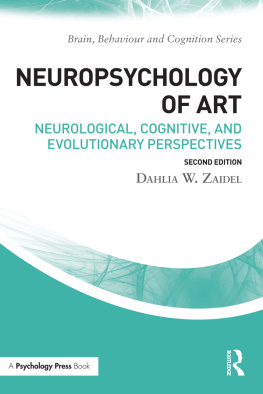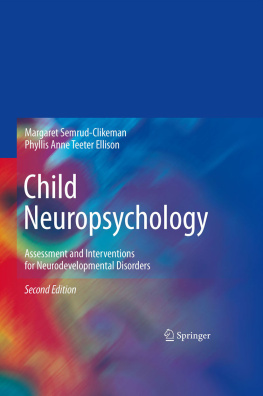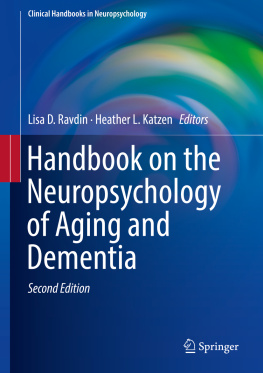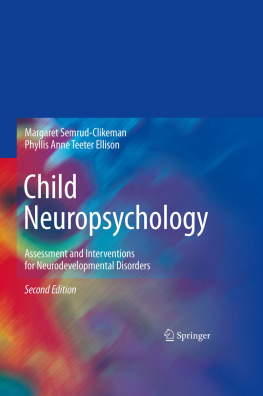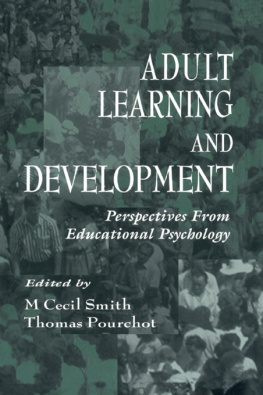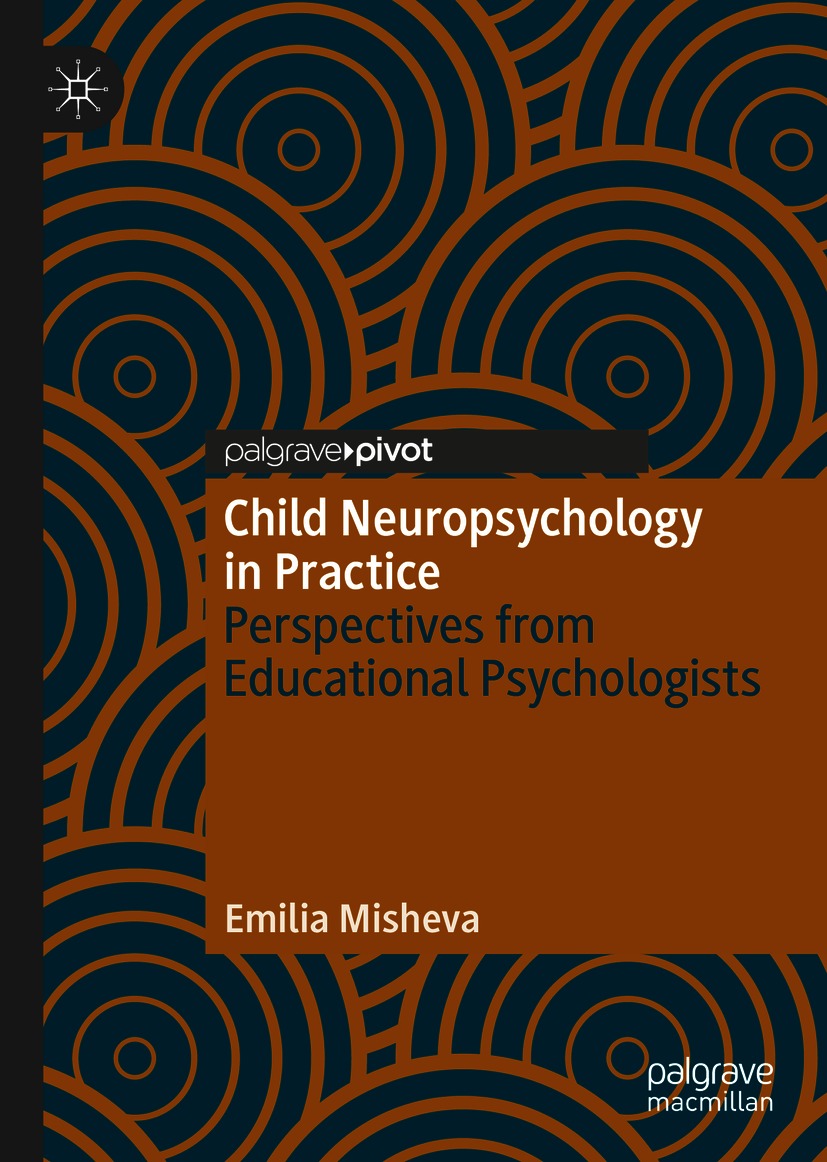Neuropsychology and Educational Psychology: An Unexplored Relationship
The relationship between educational psychology and neuropsychology in the UK is a largely unexamined one, with only a small number of academic texts having attempted to address this knowledge gap in the past 20 years. One such attempt was made in 2005, when the British Psychological Society published a special issue of its Child and Educational Psychology journal (Gibbs, 2005), which focused specifically on neuropsychology. While this publication was seen by some as an expression of the increasing awareness of the links between neuropsychology and education (Harrison & Hood, 2008), only three of the published papers focused specifically on the link between the two disciplines and just 1 out of the 25 contributors was a practitioner EP, with the remaining authors being academics or clinical psychologists.
This tendency can also be observed in more recent academic texts, such as Child Neuropsychology: Concepts, Theory, and Practice (Reed & Warner-Rogers, 2009), where just one chapter was authored by an EP and focused on child neuropsychology and education . At the same time, education has been highlighted as a key focus area during the recovery of children with neurological conditions such as acquired brain injury (Slomine & Locascio, 2009), with EPs being amongst the key professionals involved in the ongoing support and monitoring of the educational needs of those children and young people (Ball & Howe, 2013).
The lack of representation of the educational psychology perspective in neuropsychological research and academic texts can be partially attributed to external factors, such as the proportionately higher number of clinical and academic psychologists working in neuropsychological settings or research (Specialist Register of Clinical Neuropsychologists , 2020); however, it is also important to consider the potential role of intra-professional factors that may have contributed to this imbalance. Historically, some academic commentators have associated the neuro-disciplines with overly medical and within-child models of thinking, and have questioned their applicability to educational psychology practice (Mayer, 1998). Bruer (1997), for example, referred to attempts to relate cognitive neuroscience to education as a bridge too far. Similarly, Hood (2003) spoke about a fear of being accused of exclusionary practice, particularly in relation to the inclusion of neuropsychological content on initial EP training courses. From this perspective, EPs involvement and interest in neuropsychology-informed practice and research can be seen as having implications for their professional identity. More specifically, if EPs are encouraged to move away from individualistic, within-child models of working to more systemic ones (Noble & McGrath, 2008; Wilding & Griffey, 2015), an interest in neuropsychology may be seen by some as being incongruent with the core EP values and rejection of within-child models.
Hood (2003), however, argued that neuropsychology can enhance and complement EP practice and formulations, by offering a more detailed interpretation of how child brain development is linked to cognitive function, as well as how it is influenced and moderated by individual, environmental and systemic factors. She argued that this detailed information can then be used systemically, to enable the adults working with the child to make the necessary systemic and environmental adaptations, tailored to the childs individual needs. Paediatric neuropsychology and its applications to educational psychology thus appear to be subject to debate; however, up until this point, this relationship has not been examined empirically, with the most recent opinion papers dating back to nearly 20 years ago.
Similarly, little is known about the specialist role of EPs who work in neuropsychological settings such as brain injury or epilepsy services. One of the few publications looking at this specialist role is a book chapter written by an EP also practising as a neuropsychologist (Ashton, 2015) in the field of acquired brain injury . Ashton (2015) highlighted the key role of education in the childs development following a brain injury and argued that EPs knowledge of the education system, pedagogical approaches and ability to work at different levels allows them to adopt the role of the interpreter between the fields of health and education .
The aim of this book is to address this imbalance by examining the relationship between the two disciplines from the perspective of EPs and with a focus on both their everyday practice and specialist role in child neuropsychology settings, with references to original research carried out by the author. The first chapter will consider the emergence of paediatric neuropsychology as a separate academic and practice discipline. In particular, the chapter will attempt to clarify child neuropsychologys distinct contribution compared to both adult neuropsychology and related fields such as neuroscience and neurology . Having defined and considered key conceptual issues linked to child neuropsychology, Chap. will consider some of the more controversial aspects of the relationship between neuropsychology and education an important context and key practice field for EPs . Specifically, the chapter will explore some of the most common neuromyths in education and will offer a critical examination of the appeal of overly simplified or misinterpreted neuroscientific findings, including the potential role of the EP in challenging those.

